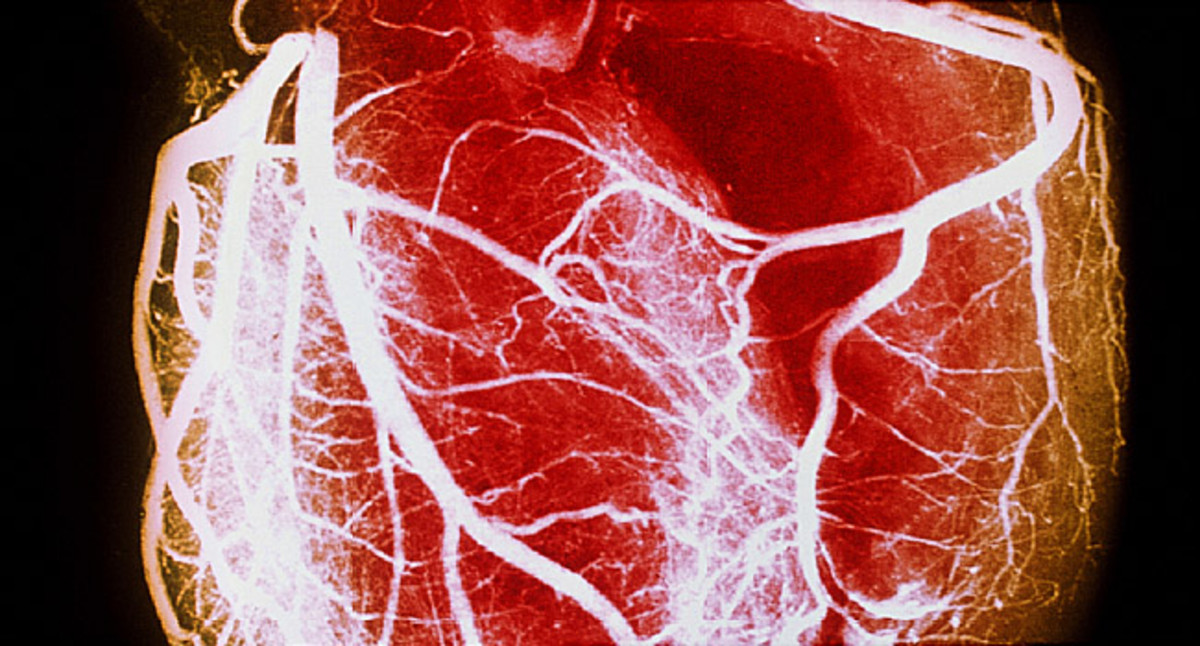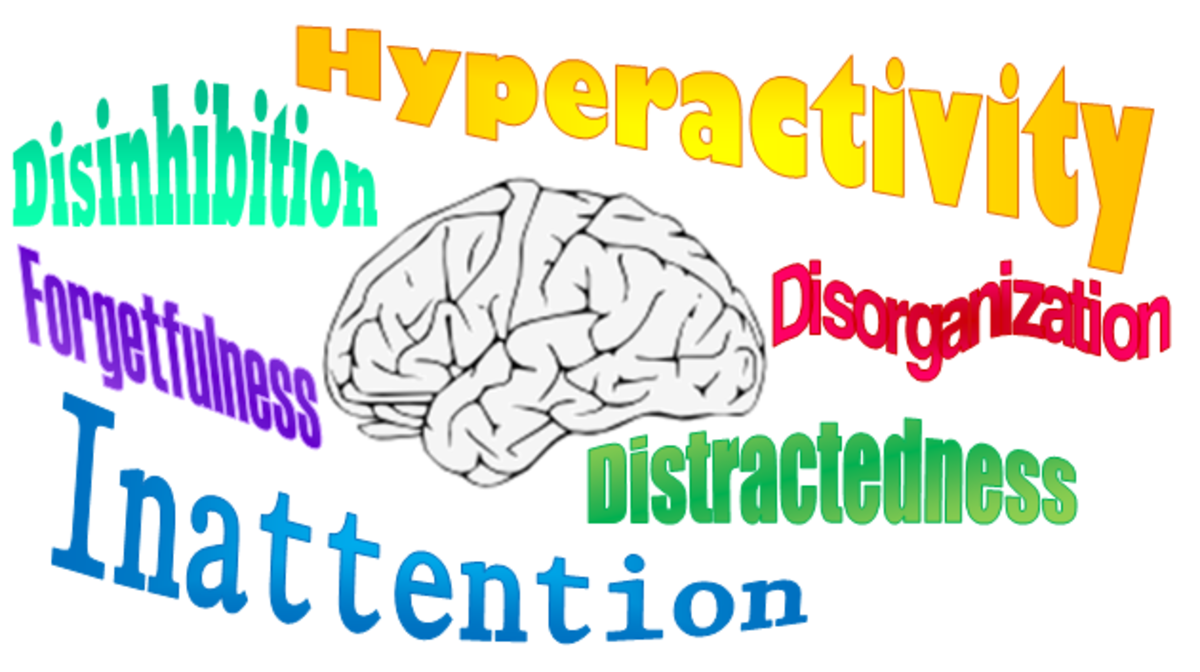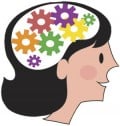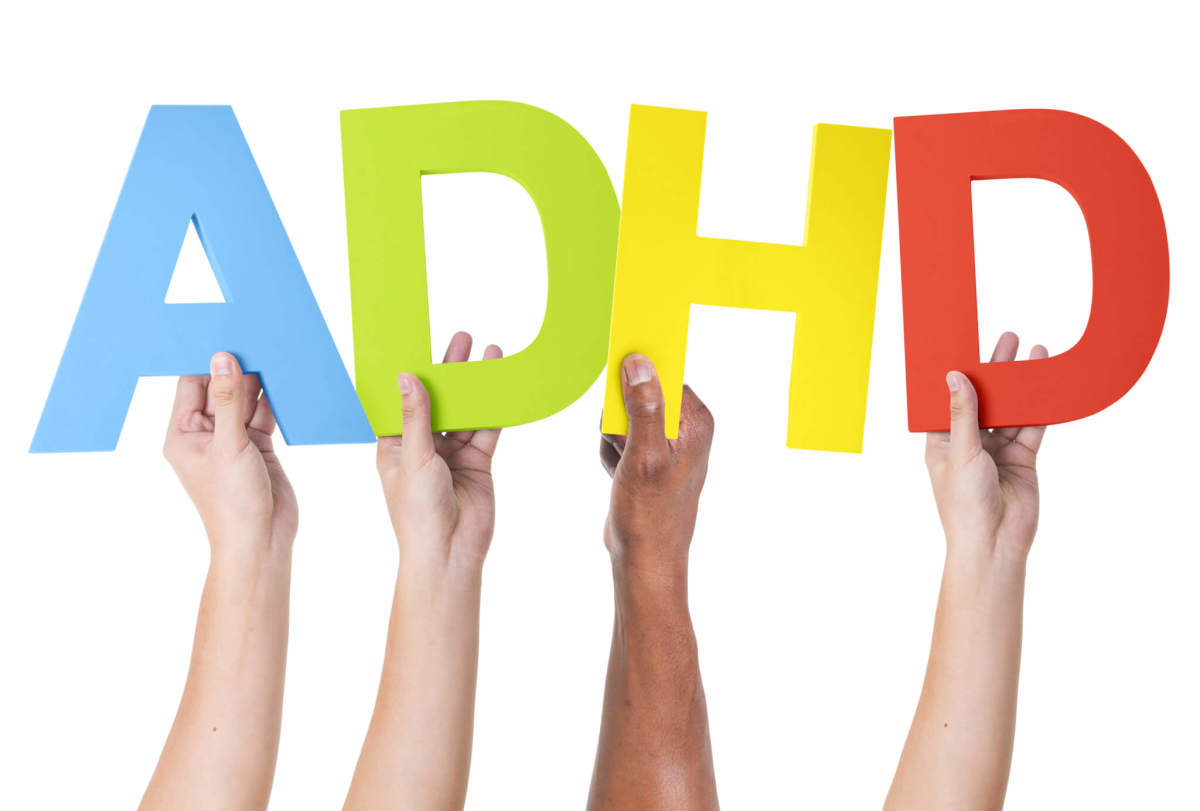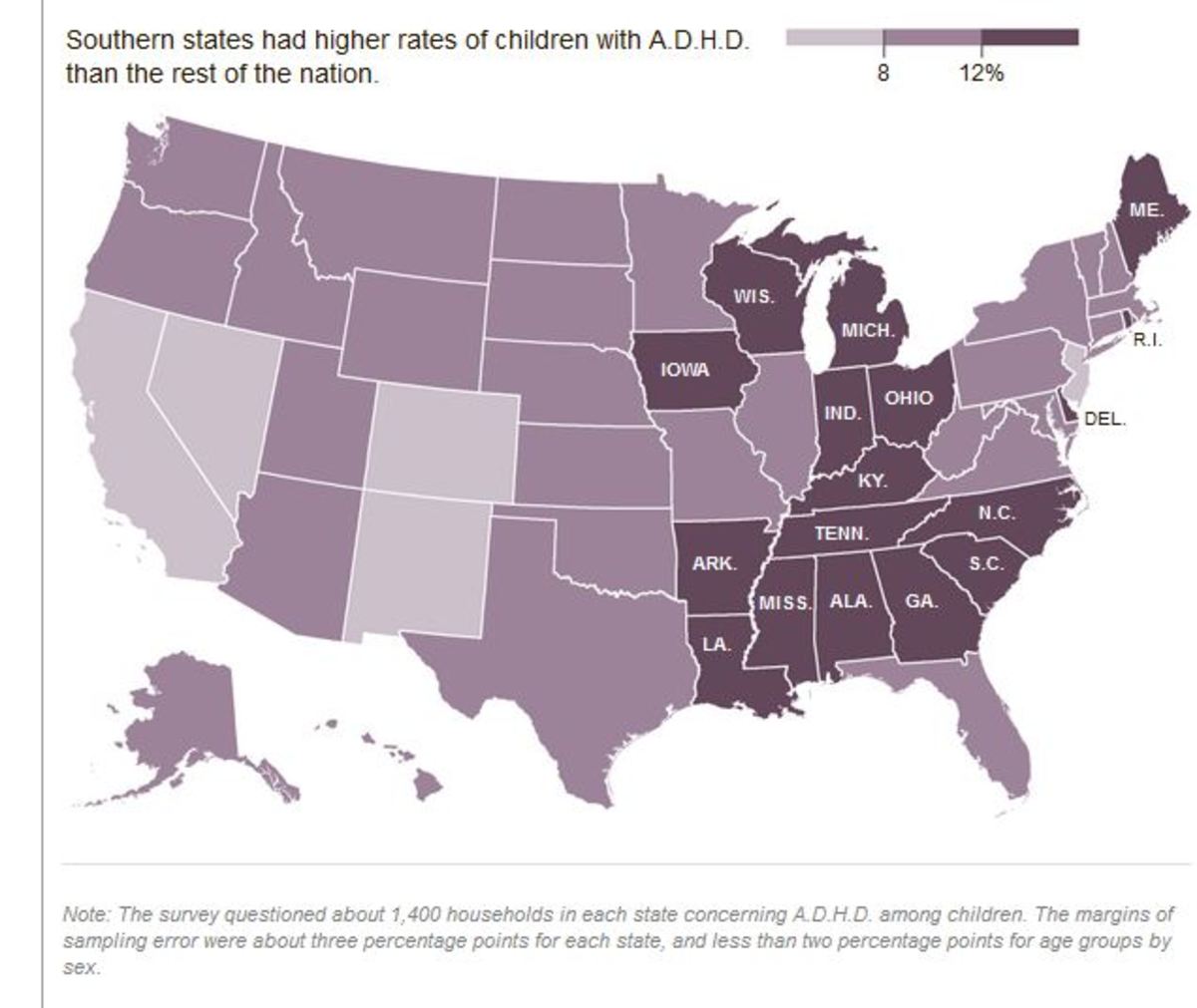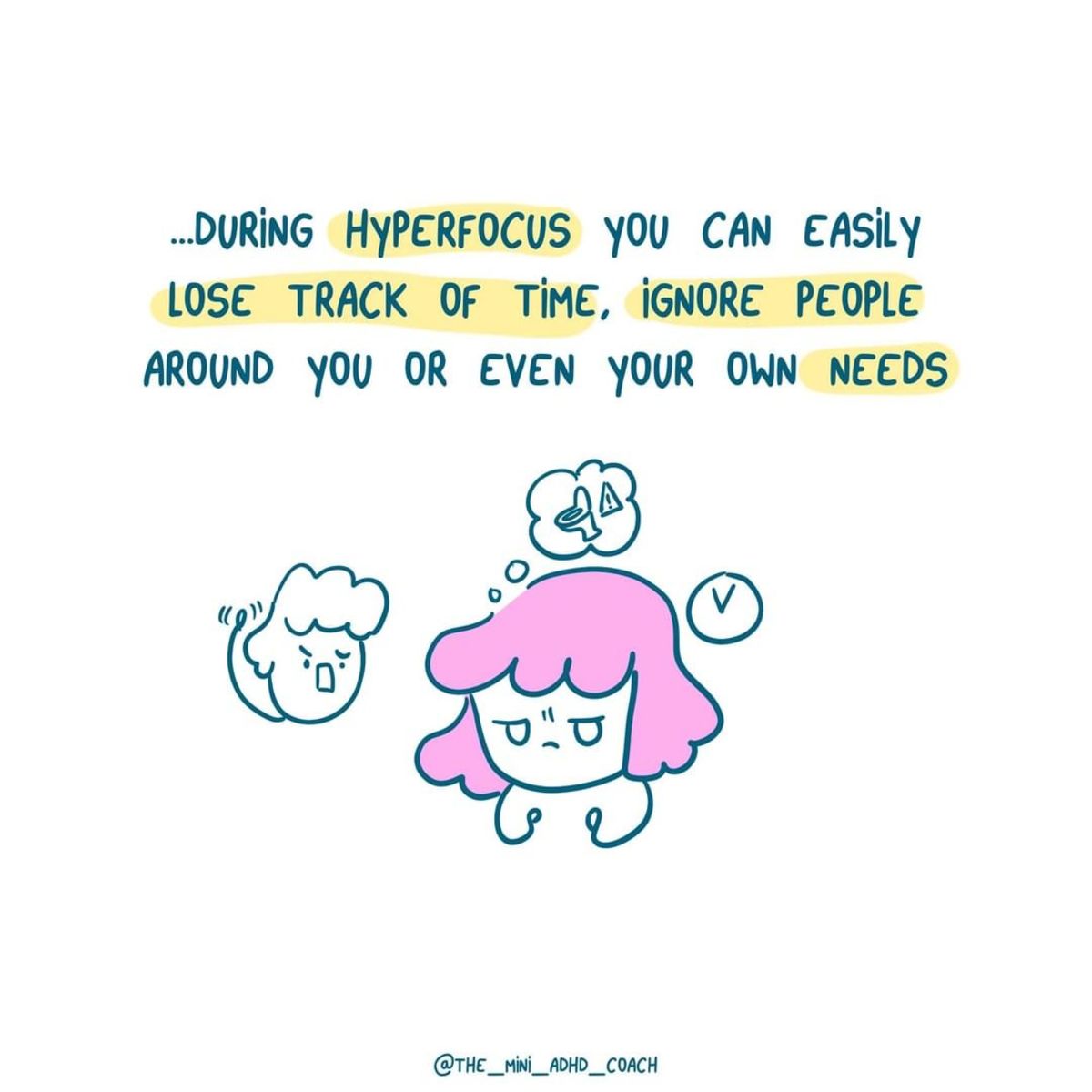Can ADHD Be 'Treated' Without Medication?
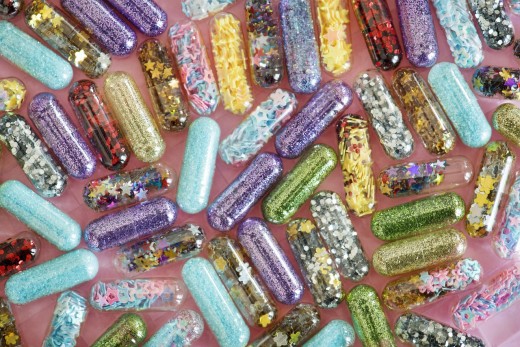
Most of us are aware of drugs like Ritalin and Adderall, even if we haven’t used them ourselves. These drugs are widely prescribed to help people overcome conditions like ADHD.
Unfortunately, these drugs can cause as many problems as they are able to resolve. In fact, some of these drugs can cause dependencies so serious that they make life more difficult than it was before being medicated. Many people take them, though, because they aren’t aware of any alternative treatments for these problems.
Today we’re going to look at some alternative treatments for ADHD that don’t require you or your children to be heavily medicated. To understand some of these treatments, it’s a good idea to understand the root causes of ADHD.
What is ADHD?
ADHD, or attention deficit hyperactive disorder, is the name given for a diagnosis of someone who likes to jump between different ideas and topics with vigor and excitement. In other words, someone who has a hard time focusing.
Due to the way that ADHD has been stigmatized and the amount of laser-focused required to succeed in many of our public schools, ADHD has been deemed a serious problem. This allows doctors to prescribe large doses of heavy stimulants, like amphetamines, to keep children focused.
It’s important to note that ADHD is not always that serious of a problem, and certainly not one that requires young children to begin taking amphetamines on a daily basis. But many parents don’t realize that there are other ways to help someone manage ADHD!
ADHD, as it stands, is just a label that was developed by the DSM, the psychological handbook for American doctors and psychiatrists. The DSM uses a system of symptoms and behaviors. If you or your child experiences a certain number of these behaviors, then you are deemed to have ADHD.
The DSM does not recognize external conditions to be valid contributors to mental illness. They do not take into account social circumstances, past trauma, allergies to food, or other things. Instead, they often write these off as emotional imbalances and call for doctors to write a prescription.
Since American doctors tend to ignore a person’s diet, history, and social life when diagnosing them or prescribing them stimulant medication, there are a lot of things that are not considered for the treatment of ADHD.
There are many healthier alternatives to treating ADHD that you should consider, though.

Diet - Food is More Than Making the Engine Run
There are many dietary factors that can contribute to ADHD.
For example, we will compare the dietary habits of people in France - a country known for its very comprehensive assessment and treatment of ADHD that’s not entirely reliant on medication - to that of Americans, who live in a place where medication is often dispensed immediately upon diagnosing a problem.
-
In the US, kids often snack on unhealthy, processed foods throughout the day. Foods high in sugar and carbs can impair focus and cause a chemical imbalance.
-
‘Kids menus’ are not found very often in France, but in the US, they often provide food that’s unhealthy for the brain - PB&J sandwiches, macaroni, etc.
-
In the US, medical doctors rarely evaluate a person’s diet when making a diagnosis
-
The entire medical community in America focuses far less on how food affects cognition than in France.
In France, people are much more aware of how food can affect their brain. Children eat healthier and, in turn, are much less likely to develop ADHD. Doctors also consider a person’s diet of great importance when identifying problems with physical or mental health.
Gluten, dairy, and sugar can all cause inflammation in the brain. This decreases blood flow and makes it harder to concentrate. Eating unhealthy fats can destabilize blood sugar and make it harder to provide energy to the brain. Furthermore, many of the synthetic flavorings and colorings used in American foods have been shown to cause hyperactivity.
Therapy - CBT
There are some forms of therapy that can be useful for helping people who have difficulty focusing. Behavior therapy is a technique that encourages people to maintain a specific type of behavior by using a reward system. In this case, when someone is able to maintain focus for a long time, they will be given a reward.
Cognitive behavioral therapy, or CBT, can also be useful for helping people who struggle with focus. CBT helps to stabilize irrational or unhealthy patterns of thought and behavior that cause difficulty in life.
This can help people who struggle with excessive perfectionism or self-esteem problems associated with their ADHD.

Supplements
There are lots of nutritional compounds that can help people overcome symptoms of ADHD.
One of the most common things to supplement when trying to manage ADHD is omega-3 fatty acids. These can be found in flaxseed oil or fish oil, and they can be very useful for helping people develop focus.
Since the body can’t make these fatty acids on its own, it needs to get them from the diet or from supplements. Omega-3 fatty acids are incredibly important for cognitive function: more than half the brain is made up of fats, and you need these to have healthy communication between brain cells.
It’s also important to get the vitamins and minerals that are particularly important for brain health. These include vitamin C, the B-complex (which is necessary for your body to turn food into energy for your brain) zinc (which regulates dopamine, a neurotransmitter heavily involved in focus and motivation) and magnesium, which encourages blood flow to the brain.
Other herbal supplements can have powerful effects on a person's focus, while being beneficial for their health at the same time.
-
Rhodiola Rosea is a powerful adaptogenic herb that reduces stress and provides energy and focus
-
Ginkgo biloba increases blood flow to the brain and can improve focus
-
Bacopa Monnieri is widely known for improving memory and focus while also maintaining general wellbeing
Exercise & Play
Exercise is widely known for being helpful for the body, but some people underestimate how valuable it is for the brain. Exercise encourages blood flow to the brain and helps ensure that things can run smoothly and effectively.
This content is accurate and true to the best of the author’s knowledge and does not substitute for diagnosis, prognosis, treatment, prescription, and/or dietary advice from a licensed health professional. Drugs, supplements, and natural remedies may have dangerous side effects. If pregnant or nursing, consult with a qualified provider on an individual basis. Seek immediate help if you are experiencing a medical emergency.
© 2018 Sam Shepards


